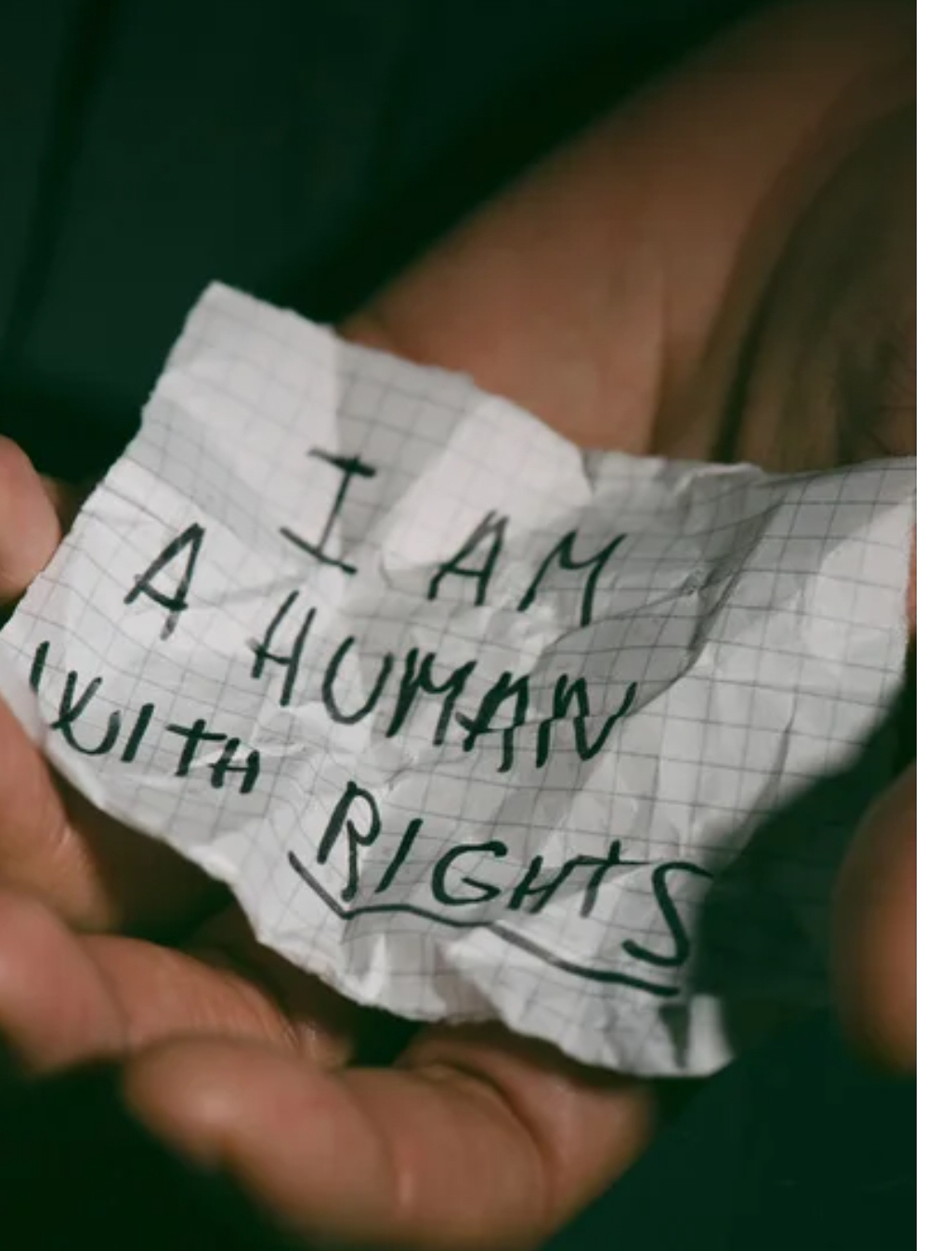In the Narrow alleys of Kenya's informal settlements and the expansive, remote landscapes of its rural communities, the battle against tuberculosis (TB) unfolds as a multifaceted struggle, transcending conventional health narratives. Within these distinct settings, discussions about TB echo with the resonances of broader challenges—entangled threads of human rights violations, systemic barriers, and unique societal dynamics.
In the densely populated informal settlements, where living conditions are often characterized by cramped spaces and limited access to healthcare resources, addressing TB necessitates a collective effort. Beyond individual responsibility, it requires unraveling the socio-economic intricacies that contribute to non-adherence. The inhabitants of these settlements, often silent sufferers, face the harsh reality of stigma, accentuated by their living circumstances.
To truly combat TB in these environments, it is imperative to elevate these voices and expose the human rights violations deeply entwined with the TB narrative in informal settlements. Structural interventions, focusing on improving living conditions, access to healthcare, and eradicating societal stigma, become crucial pillars in dismantling the barriers to adherence.
Conversely, in the rural expanses of Kenya, communities grapple with a different set of challenges. Limited access to healthcare facilities and a lack of awareness about TB pose significant hurdles for individuals in recognizing and addressing the broader implications of the disease. Initiatives that bridge this awareness gap and empower individuals to engage in open dialogue are crucial in these remote settings, where the narrative of TB is often shrouded in silence.
In both informal settlements and rural areas, structural interventions emerge as key catalysts for change. These interventions, such as improving healthcare infrastructure and addressing socio-economic determinants, aim to create a more resilient foundation for the fight against TB. Notably, organizations like Kelin Kenya and the Network of TB Champions are actively contributing to this change.
Amidst these challenges, corruption and influence wield undue power, particularly in areas where formal governance structures may be less pronounced. Establishing robust witness protection mechanisms becomes paramount. Whistleblowers, including TB Champions trained by Kelin Kenya and the Network of TB Champions, play a vital role in exposing systemic issues through the One Impact app—a digital platform for monitoring and reporting violations.
Currently active in 8 counties in Kenya, this initiative, supported by the Stop TB Partnership through the Facility Challenge Fund, showcases the power of community-driven efforts. TB Champions, comprised of peer educators, community health promoters, community health advocates, and TB survivors, are instrumental in creating awareness, addressing violations, and promoting adherence within their communities. The plan to expand this initiative to all 39 counties exemplifies a commitment to comprehensive, nationwide change.
This op-ed aims to shine a spotlight on the often-overlooked struggles of Kenya's informal settlements and rural communities in the context of TB. It emphasizes the need for a holistic approach that addresses human rights violations, promotes awareness, highlights the pivotal role of structural interventions, and applauds the impactful initiatives led by organizations like Kelin Kenya and the Network of TB Champions. Through these concerted efforts, we can forge a path towards a healthier, more resilient future for these marginalized communities, where the complexities of TB are met with understanding, compassion, and effective solutions.

No comments:
Post a Comment